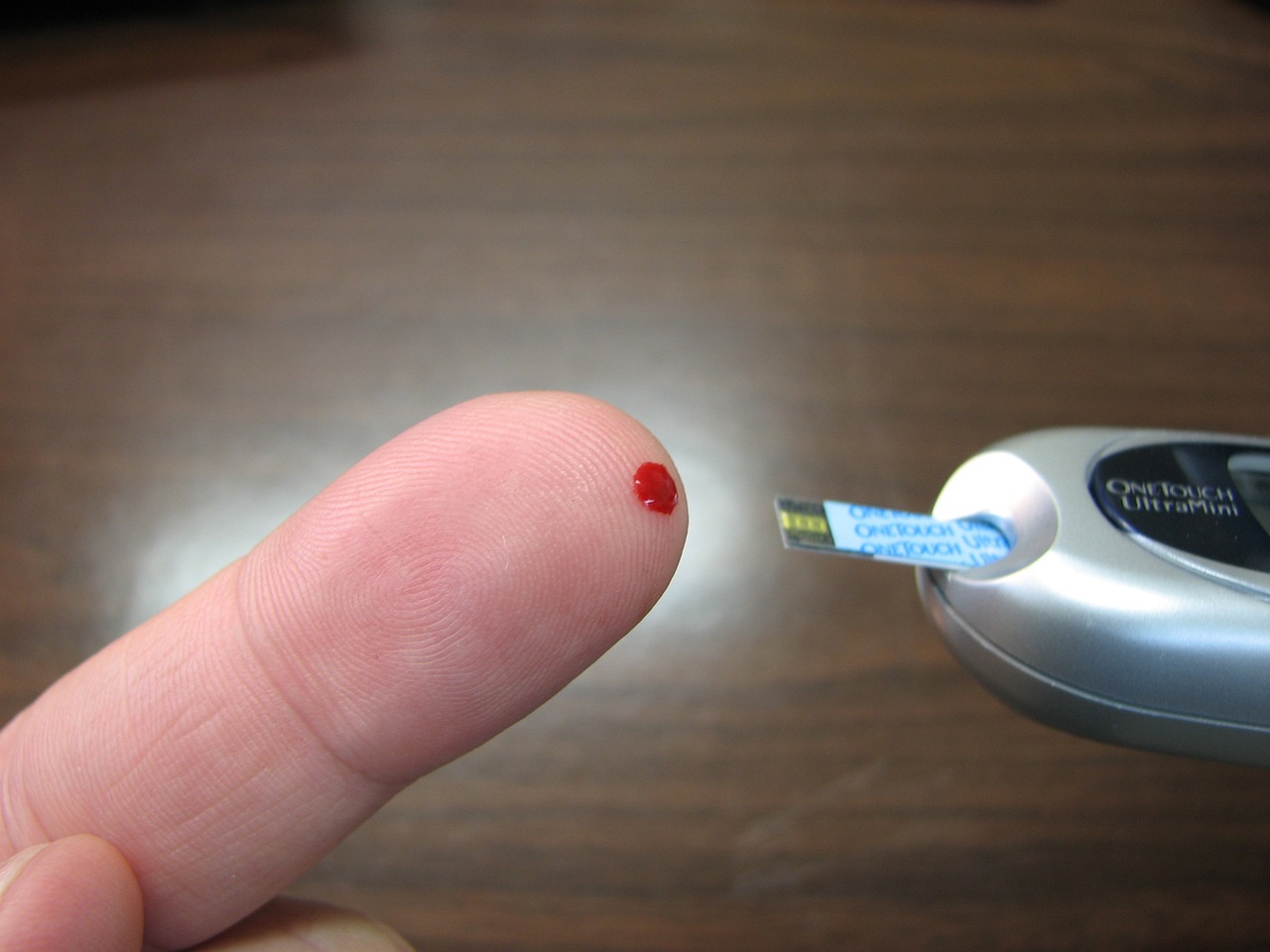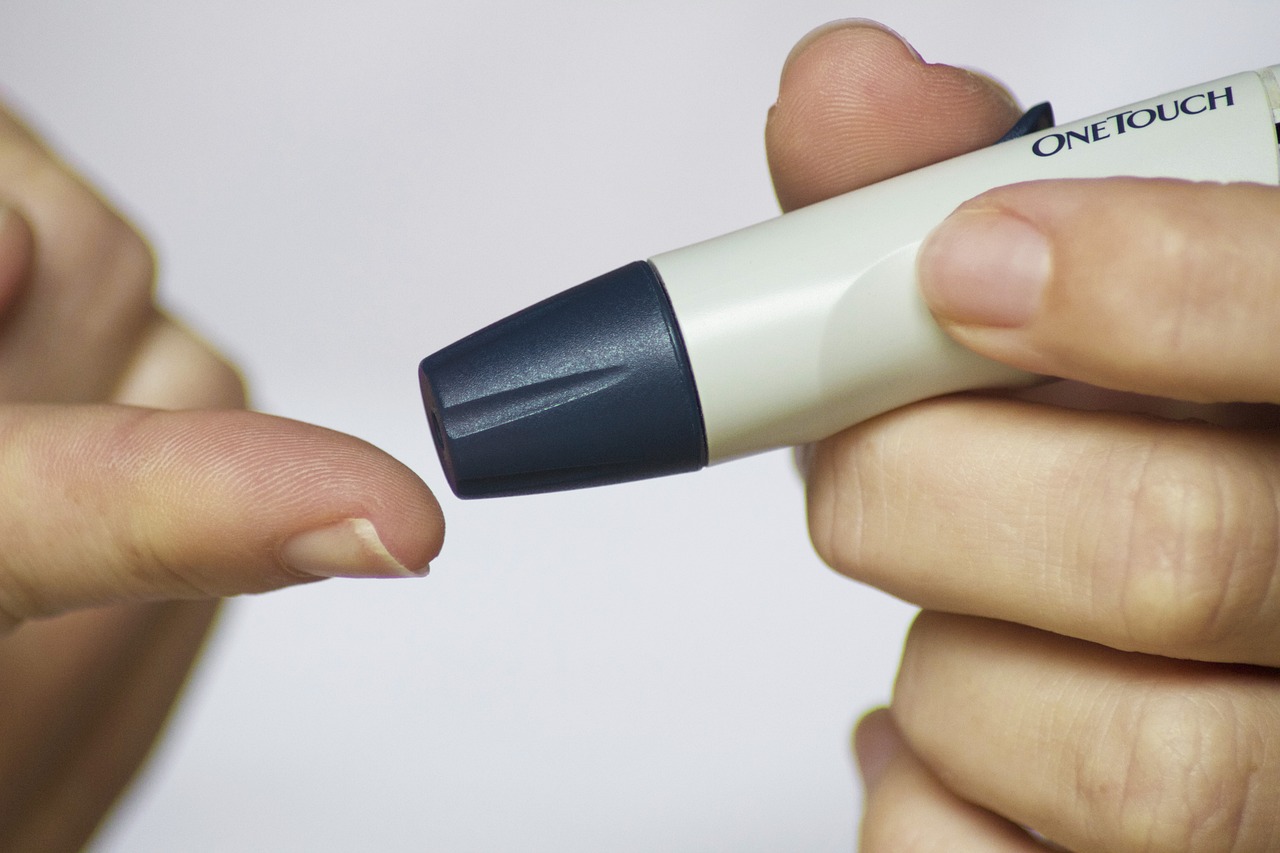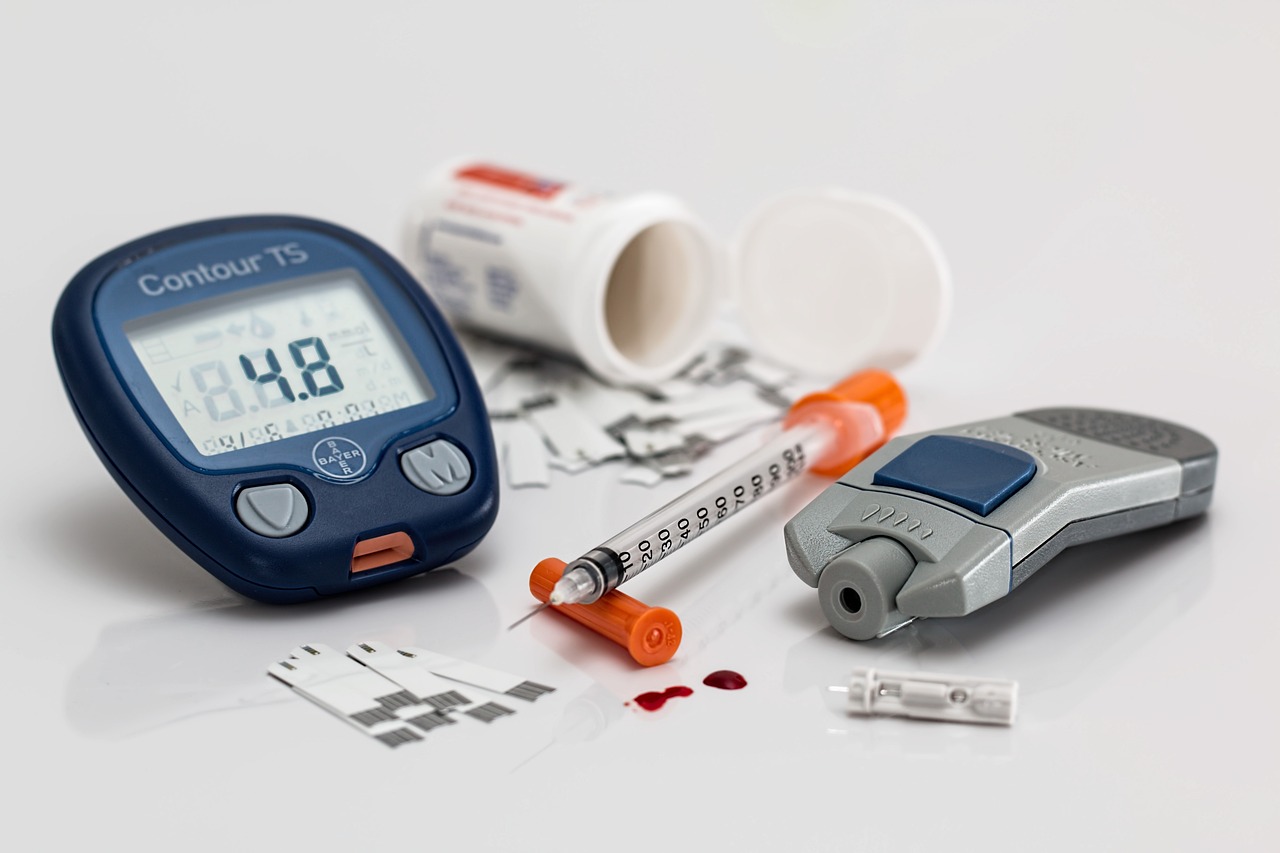A few words about
What We Do
What is Type 2 Diabetes?
Type 2 diabetes occurs when the body can’t process or produce enough insulin to maintain normal blood sugar levels. It’s the most common form of diabetes, but if left untreated, it can lead to long-term health complications, such as cardiovascular (CV) disease or even death.
WHAT DO THE NUMBERS MEAN?
Type 2 diabetes is usually diagnosed at an A1C of 6.5% or higher. Your healthcare provider will help you identify your target A1C level and create a treatment plan to help you get there.
HAVING THE TALK: YOU, YOUR DOCTOR, AND YOUR HEALTH
Talking with your doctor about Type 2 diabetes and your heart risk is important. Like every conversation about your health, it should be a two-way street. Knowing what you want to talk about and having it at your fingertips makes it easier to advocate for yourself and your needs.
BUILD A HEALTHY FOUNDATION
Whether you’re newly diagnosed patient who’s currently taking your medication, a caregiver, or working with a healthcare provider, it’s important to understand the benefits of nutrition and fitness for managing type 2 diabetes.
Education
A1C is a blood test that’s commonly used to diagnose diabetes. It is known as the hemoglobin A1C or HbA1c test and it measures your average blood sugar levels over the past two to three months. The resulting number is considered your A1C level.
Taking a medication, along with diet and exercise, can help adults living with type 2 diabetes lower their blood sugar and work toward their A1C goal. Ask your doctor which medication is right for you.
Health care
If your A1C goals are being met, twice a year testing is often recommended. If not, more frequent testing may be suggested. Your healthcare provider will determine what’s best for you.
Lowering A1C takes time, and it requires working with your healthcare professional on a treatment plan that includes a healthy diet, a regular exercise routine, and taking medications to lower blood sugar. Consult your healthcare professional about finding the best course of action for your specific needs.
Awareness
An initial test helps your healthcare provider establish a baseline A1C level and develop a treatment plan. Following that, regular testing helps your provider monitor how well your treatment is working over time.



